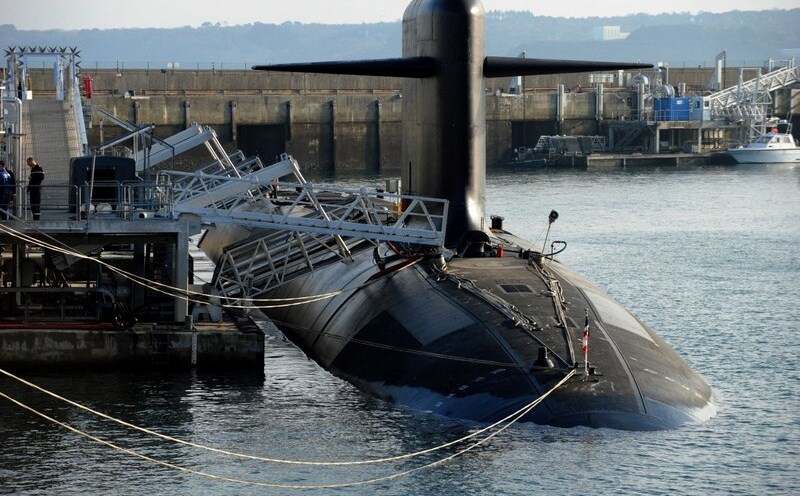On September 29, Dmitry Medvedev - Vice Chairman of the Russian Security Council - used the social network Telegram to send a strong warning: If European countries or Western leaders make a mistake, they could launch a confrontation in which Russia is ready to respond with destructive weapons. The risk of a fatal accident is always present, he said, and those conflicts are likely to escalate into a war using nuclear weapons.
Mr Medvedev stressed that Europe could not bear a war with Russia, referring to the economic, military and resources of these countries as commensurate when directly confronting Moscow. He also affirmed that Russia did not want war like that - but did not rule out the risk of being too provincecued.
In the context of rising tensions between Russia and the West over the Ukraine conflict, Medvedev's warnings have been viewed by observers as a deterrent propaganda strategy, putting mental pressure on European countries and Kiev's supporters. He has repeatedly made similar statements - emphasizing the possibility of Russia using nuclear weapons if NATO countries or Ukraine cross the "red line".
Western governments and international organizations often react cautiously to these types of statements, warning that nuclear language could easily lead to dangerous escalation, sabotage of diplomatic channels and control of current weapons. The arms control treaty between major powers, which has been eroded in recent years, has become more fragile as nuclear-threatening statements appear frequently.
With a central role in the Russian political system and a close relationship with President Vladimir Putin, Medvedev is considered a tough voice - often issuing deterrents to protect Russia's stance.
This event reminds the world that today's Russia-Western conflict may not be just a normal war, but also contain potential nuclear risks if the parties do not restrain themselves. European and NATO leaders now have to carefully assess all actions, because just one wrong step could open up a disaster scenario that no one wanted.










